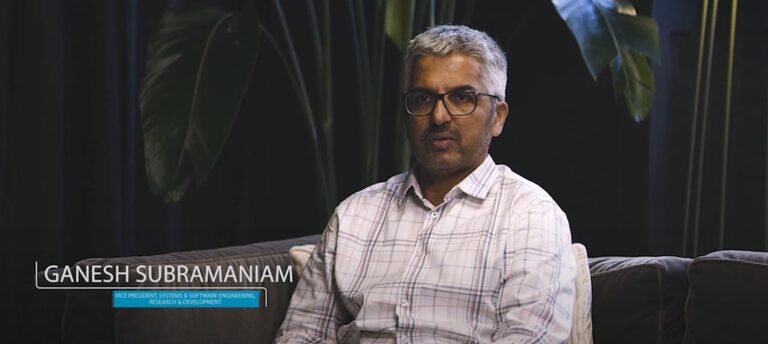Interesting Perspectives on Current Challenges in Healthcare
We routinely get the opportunity to meet with interesting people outside of our company who enlighten and inspire us with their insight into issues currently facing our industry. The following resources, gathered from different sources and in different formats, are intended to share those perspectives and broaden our perspective.
Blog Articles and White Papers
Published Research Studies References
The Use of Patient Monitoring Systems to Improve Sepsis Recognition and Outcomes: A Systematic Review
Read ArticleImprovement In Blood Pressure Using Remote Patient Monitoring During COVID19
Read ArticleThird-party Published Evidence
FAQs
Are my Residents/Patients acute enough for cVSM?
Risk stratification is a difficult and imperfect science. Even the most sophisticated algorithms cannot predict with 100% certainty which patients may encounter complications during their Hospital/Rehabilitation stay. Many of the Residents/Patients have underlying co-morbidities which may be exasperated during their recovery process. Medication changes and procedural treatments may also contribute to unanticipated complications. Traditional spot check vital signs only give you a snapshot of the patient's condition and the early signs of clinical deterioration may be overlooked.
The Vios Monitoring Solutions seems complicated and is it too difficult for my staff?
The Vios Monitoring is an easy to use, lightweight body worn sensor that can be deployed to a Patient/ Residents' bedside within moments. The intuitive User Interface was designed with busy Clinicians in mind and can alleviate some of the workload and burden associated with frequent vital signs checks.
Once applied to the patient's chest, the Vios Remote Monitoring Technicians will do the monitoring oversight freeing your Clinicians up to focus on important patient care activities. Our Technicians will disposition the alarms and notify you only if an actionable event occurs, we will print the ECG strips and reports and, if interfaced, the vital sign measurements will automatically transmit to the patient's chart in the Electronic Health Record.
Finally, Vios Medical has a comprehensive training and support program that will ensure your Staff are comfortable with the technology. We provide 24/7/365 clinical and technical support and provide ongoing training and competency support.
We can benefit from the Vios Monitoring Solution but is it too expensive for our Healthcare Facility?
Murata Vios, Inc. recognizes that many of our healthcare institutions are under financial pressure. We offer Cap-Ex and Op-Ex programs that can be modified to meet every Institution's needs. Our monthly Subscription Model, for example, offers a fixed, all-inclusive low monthly payment that makes it easy to plan for and budget. This cash-flow oriented model allows Healthcare Facilities to adopt this advanced patient safety solution without outlaying large sums of money.
In addition, the VMS may be reimbursable based on the Remote Patient Monitoring (RPM) CPT codes published by CMS. We will provide you with the tools and information for final validation by your Medical Billing Team.
We've tried other patient monitoring technologies but they generated a lot of nuisance alarms. How is the Vios Monitoring Solution different?
Murata Vios, Inc. is acutely aware of the impacts from Alarm Fatigue on Clinicians and the associated patient safety hazards. We have designed the Vios Monitoring Solution to incorporate alarm and alert logic that can be configured based on the Care Unit and individual patient’s needs. We have introduced smart delays that suppress alarms during normal transient changes in vital signs and muscle and noise artifact conditions. In most systems, these scenarios would result in an audible alert/alarm condition which would further contribute to the desensitization of the Clinical Staff.
We also believe that the patient requires a quiet environment so they can rest and heal. The Vios Monitoring Solution does not alarm in the patient’s room which is disruptive to the patient and can cause unnecessary worry for their loved ones. The alarms are routed to a Central Station Monitor where our Remote Monitor Technicians manage and disposition the alarms. We will only notify the On-site Care Teams if an actionable event occurs requiring clinical intervention.
These combined strategies create a safe and sustainable deployment of the Vios Monitoring Solution.

